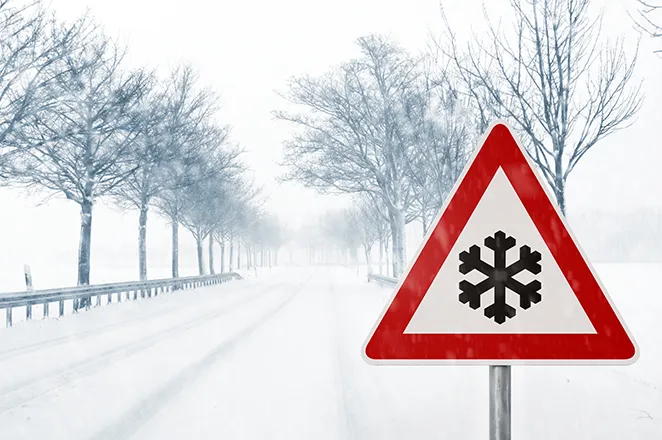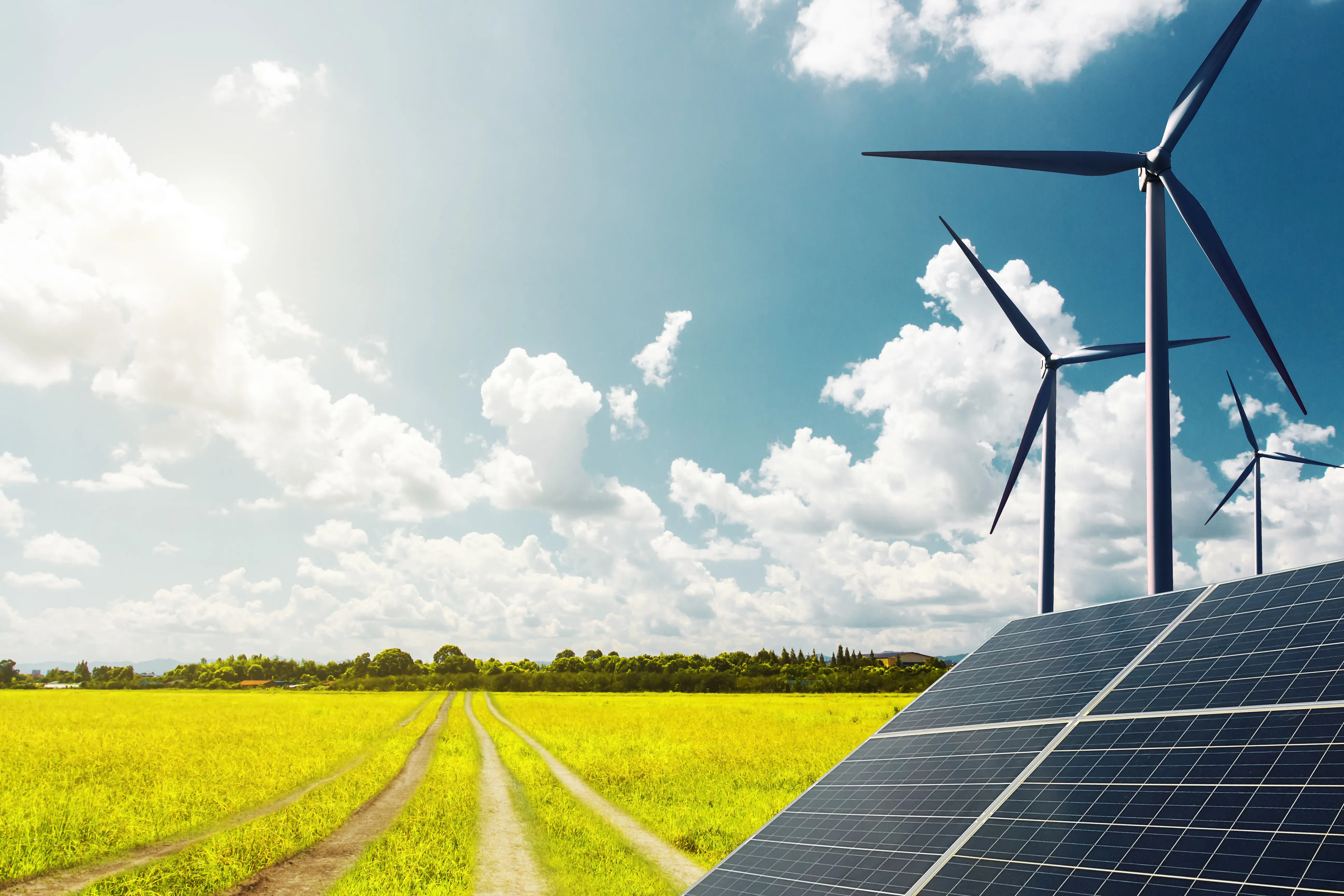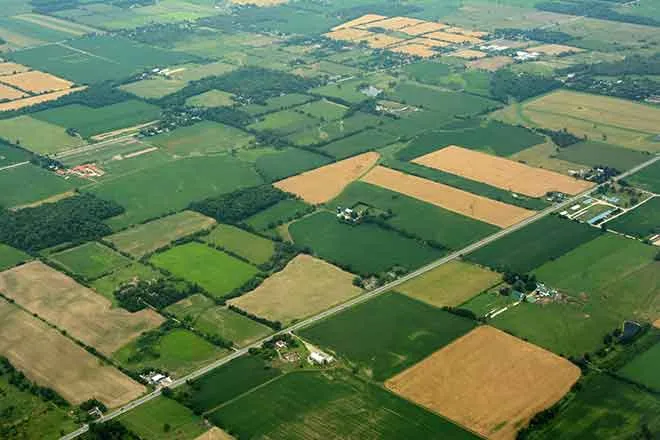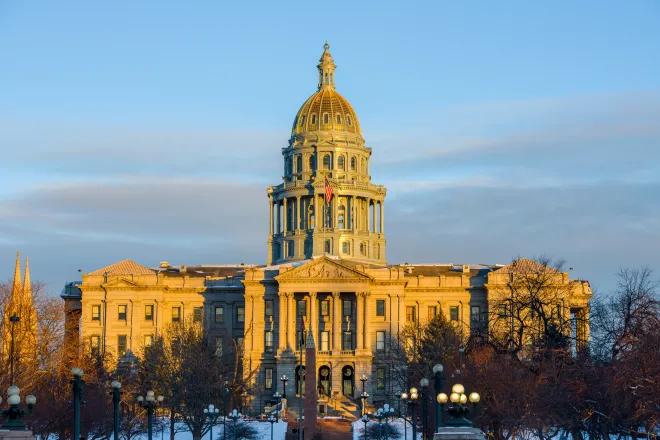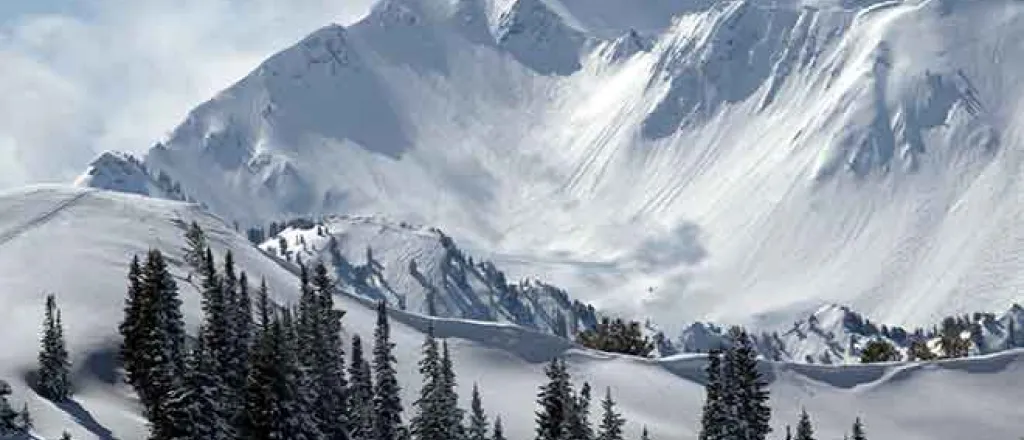
Wildfires expanding into snow zones will impact water supplies
(Wyoming News Service) Wildfires across the West are creating bigger impacts on snowpack supplying farms, energy production and drinking water for millions of downstream users, according to a new study.
Steven Fassnacht, professor of snow hydrology at Colorado State University and the report's co-author, said the 2020 Mullen Fire in southern Wyoming and Cameron Peak Fire in Colorado were both very large fires destroying forests in places which have historically not seen fires spark or spread.
"They were burning at this high elevation where the snowpack is deep," Fassnacht observed. "They burned up there not because of a lack of snow; they burned because of a lack of rain in the summer."
Researchers found snow in wildfire-burned locations is now melting roughly three weeks earlier than normal, and Fassnacht explained as climate change expands fire zones into more snow areas, water managers and others may need to make adjustments. Increasing storage capacity can help capture melting snowpack, and managers can also re-time water releases from reservoirs to be in sync with time-sensitive users including farms.
Instead of less-than-precise tools such as snow courses and SNOWTEL stations to estimate annual water supplies, Fassnacht urged managers to tap technologies including LIDAR, which works like radar using light instead of radio waves to measure snowpack, and new modeling, which can better calculate actual water volumes.
"We need to use multiple tools from our toolbox to better manage the water," Fassnacht emphasized. "One is the storage, and two is the information of how much is there, and how much is actually coming into the system?"
After the Cameron Peak fire, the city of Fort Collins was forced to cut off water coming down the mountain because it was filled with ash and soot. Wildfires also can increase landslides in watersheds, which Fassnacht pointed out can harm fish habitat and water quality for downstream users.
"Especially municipalities, especially for residential water use downstream of any of these fires," Fassnacht asserted. "The ash is very difficult to treat in water treatment plants."



